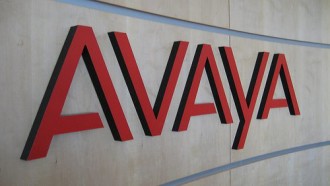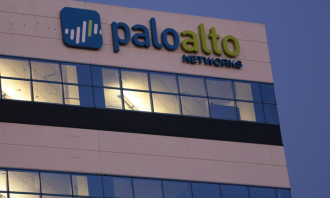 A new report from Capgemini, which surveyed 900 business and IT professionals globally, shows the number of cloud natives is on the rise.
A new report from Capgemini, which surveyed 900 business and IT professionals globally, shows the number of cloud natives is on the rise.
The report said that while uptake of modern development tools and processes is at an early stage for many organisations, it is rising quickly and set to become the ‘default’ method for deployment in future.
Nearly 15 percent of new application development projects currently under way are ‘cloud native’, and this is set to increase to 32 percent in the next three years.
In the UK, specifically, uptake will reach 40 percent by 2020, higher than the US, for example, where 11 percent of apps will be cloud native by this point.
Toby Merchant, Capgemini’s head of Digital Platforms said that most applications and new developments we will see cloud native development as the way forward.
“We don’t think that in 2020 it will be 32 percent and stay there: it will grow more and more. We have all seen technology accelerate cloud development in the past few years and we don’t see any reason that the trajectory is going to change.”
Cloud native approaches have several benefits including improvements to businesses agility and improved customer experience.
Merchant said: “Creating a better customer experience is a key reason to move to the cloud. Generally it allows clients to be more nimble, more innovative and develop their products and services in a more efficient way, based on what their customers are requiring from them.”
Merchant warns that while there are businesses which are pushing ahead with cloud native development for new applications, many are yet to begin. Not all applications are suited to this approach, and it doesn’t make sense to invest in moving certain legacy applications to the cloud, he said.
“It obviously depends on what kinds of applications you are creating. There will be some applications which it wouldn’t be appropriate to move into the cloud and we will still have legacy applications where it doesn’t make practical or financial sense to migrate those into the cloud.”
Overhauling software development practices can be a significant challenge for companies. Replacing monolithic applications and adopting new development processes tends to require organisational as well as technology changes. It is something that vendors operating in this space – such as Pivotal and Red Hat – have cottoned on to, and provide consultancy services to support businesses.
One of the biggest stumbling blocks is access to skills as finding people who have the new development skills in the new toolsets and technologies is tricky. Finding people with those skills is difficult and it is a hot market in the UK right now, he said.
 Elite Telecom has said that it has lifted its revenue to over £50 million since it bought Nexus Telecommunications.
Elite Telecom has said that it has lifted its revenue to over £50 million since it bought Nexus Telecommunications.


















